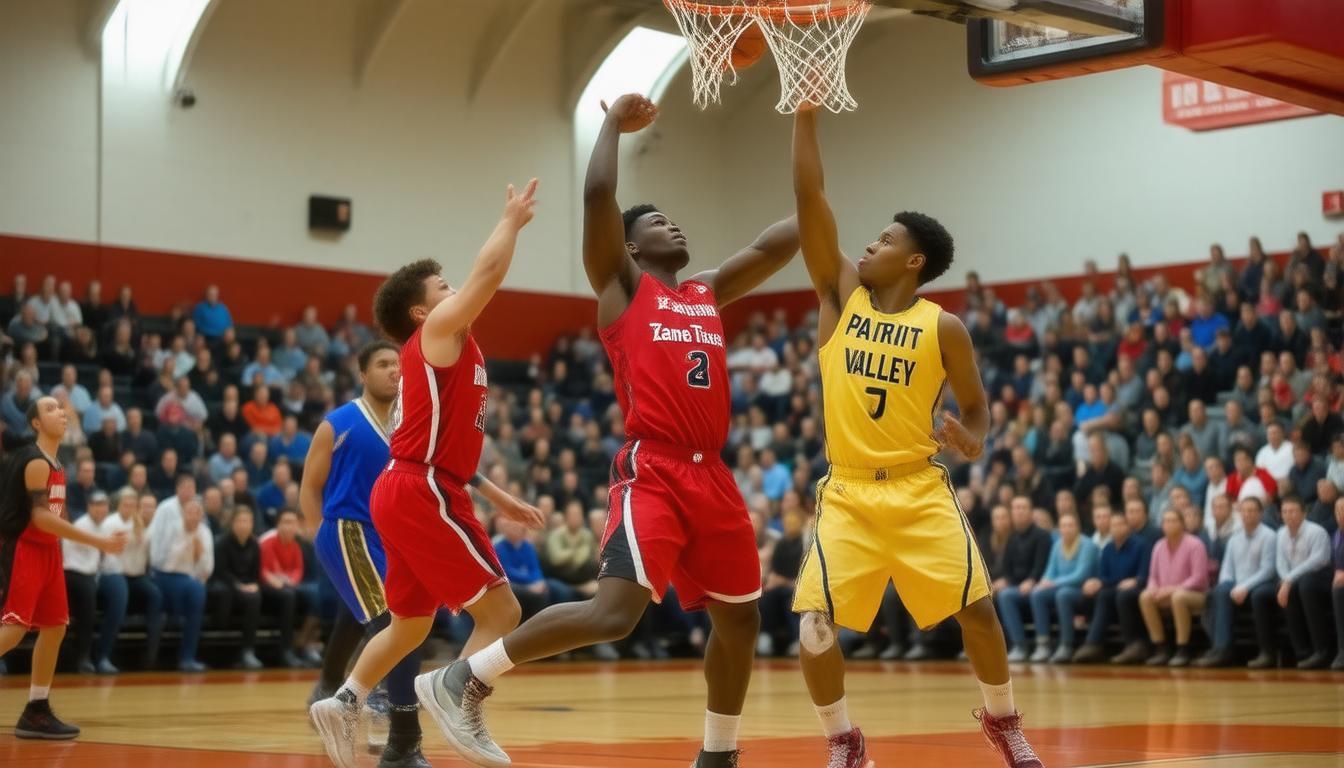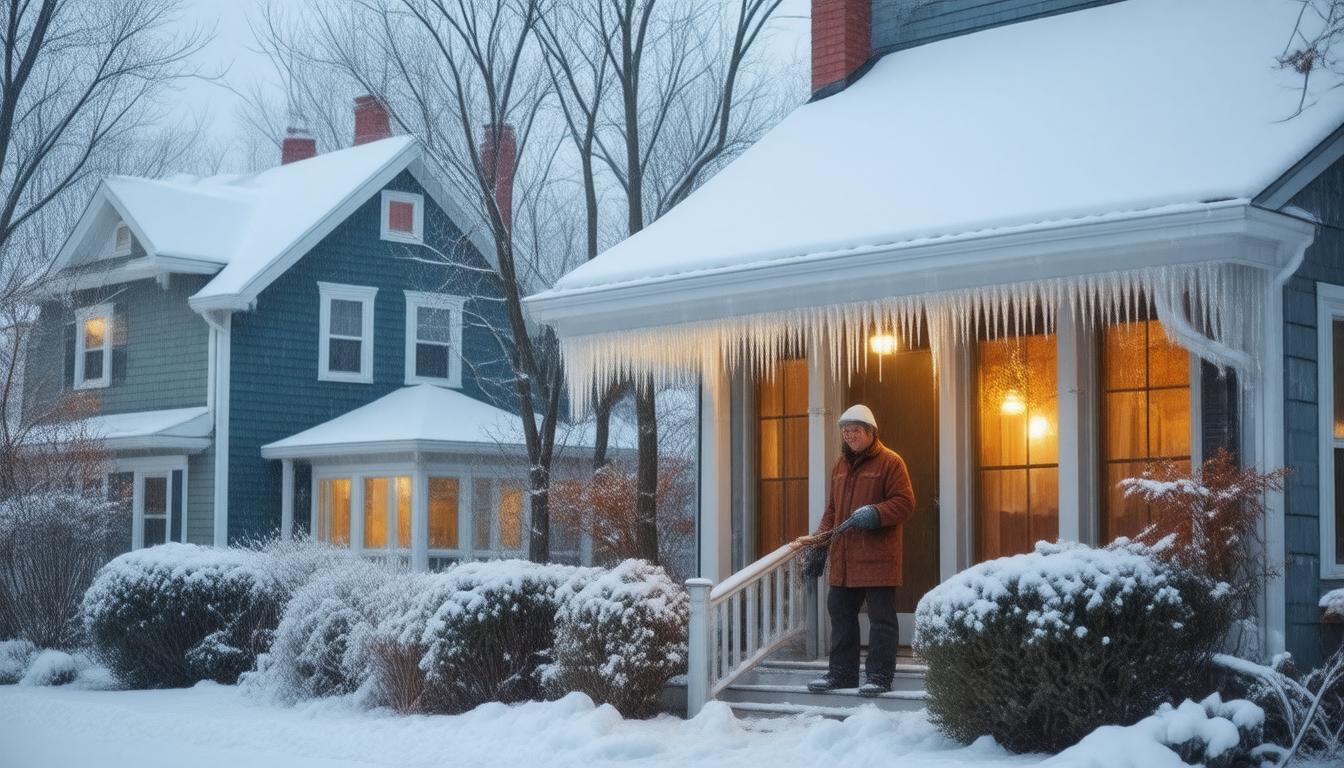

Is Skipping a Home Inspection Worth It to Secure a Home Purchase?
In the competitive world of real estate, securing a home often necessitates swift decisions and unconventional strategies. Among these, the idea of skipping a home inspection may crop up, particularly in a seller’s market where buyers are keen to make their offers more appealing. Though this can accelerate the purchasing process and make offers more enticing, the implications of such a decision warrant careful consideration.
The Importance of Home Inspections
Home inspections are fundamental in the home-buying process. This step offers a critical opportunity for a detailed examination of a home’s condition, identifying potential repairs and maintenance that could be crucial for the safety and financial aspects of a home purchase. Inspections can unearth issues with the foundation, roofing, plumbing, electrical systems, and more, which might not be apparent during a regular home showing.
The Risks of Skipping an Inspection
Omitting a home inspection can lead to significant unforeseen costs post-purchase. For example, structural issues or hidden damages that an inspection would likely unveil can result in substantial repair costs. This scenario often leaves homeowners not only financially strained but also dealing with the stress and inconvenience of coordinating repairs.
Beyond financial risks, there are safety implications to consider. Fundamental flaws like wiring problems or gas leaks can pose serious risks to a home’s occupants. These issues, if unidentified due to skipped inspections, can elevate the risk of catastrophic outcomes like fires or explosions.
When Might Skipping an Inspection Make Sense?
There are circumstances where skipping an inspection might be considered reasonable. For instance, in the case of a new construction home where warranties on many aspects of the house exist, buyers might feel a formal inspection is redundant. Additionally, real estate investors often forgo inspections when planning significant renovations or a teardown, where the current state of the home is less relevant.
Another scenario could include competitive real estate markets where buyers want to streamline their offer. However, even in these situations, it’s critical for buyers to weigh the potential risks and benefits and consider alternatives, like conducting a pre-offer inspection.
Alternatives to Skipping a Home Inspection
If you’re pressured to make a swift purchase, one option is to conduct a pre-offer inspection. This allows prospective buyers to understand the condition of the property before making an offer. Although faster-paced, this inspection still provides crucial information about the property’s condition and potential future expenses.
When a full inspection isn’t feasible, another approach is to ask for a limited or specific inspection focused on the home’s crucial areas, such as the roof and foundation. This method can balance time constraints with gaining some essential insights into the property.
Making an Informed Decision
The decision to skip a home inspection should never be made lightly. It involves balancing the desire to make a strong, attractive offer with the risk of uncovering costly and possibly dangerous defects after purchase. Prospective buyers should consider the age and visible condition of the home, consult real estate professionals, and realistically assess their ability to handle potential surprises that might arise without prior warning.
In conclusion, while skipping a home inspector might expedite your home-buying process and help in securing a purchase amid stiff competition, it exposes you to significant risks. A cautious approach, involving either tailored or pre-offer inspections, can be a smarter way to safeguard your investment while staying competitive in a hot market.







